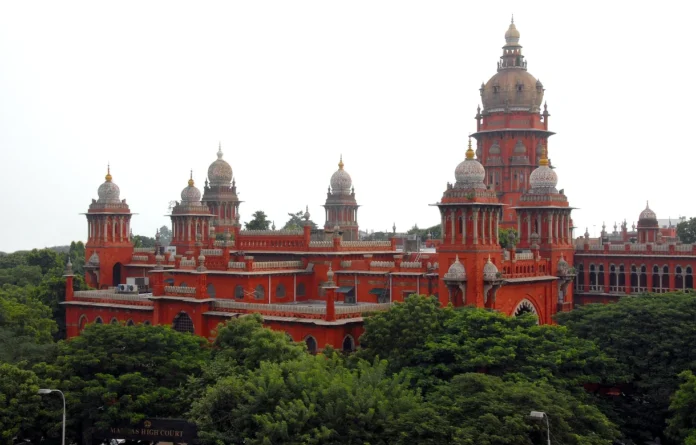The Madras High Court has declared that the right to correct inaccuracies in one’s Aadhaar details is not merely a statutory privilege but a fundamental right. The court emphasised that when an Aadhaar card becomes the indispensable document through which citizens receive welfare benefits, the holder must have the corresponding right to alter incorrect demographic data.
In a case brought by a 74-year-old widow whose pension was delayed because her Aadhaar card incorrectly spelt her name and recorded a wrong date of birth, the court observed that repeated attempts through online and postal channels had failed and that the error-correction process should be structurally accessible at the local level.
The High Court relied on Section 31 of the Aadhaar (Targeted Delivery of Financial and Other Subsidies, Benefits and Services) Act, 2016 to hold that although the statutory language uses the word “may”, the duty to effect corrections becomes mandatory once the authority is satisfied that the applicant’s request is valid. According to the court, the entire objective of Section 31 is to ensure the Aadhaar card contains accurate information, and the authority cannot shirk its obligation by invoking a discretionary stance.
The court found that in the applicant’s region of southern Tamil Nadu only a single Aadhaar Seva Kendra served multiple districts, compelling elderly and vulnerable persons to travel and wait in long queues. It said that the facility for altering demographic information must be made available at local centres so that citizens do not face undue hardship.
The court directed the authority to carry out the necessary correction forthwith, and noted that the system’s infrastructure must be enhanced to ensure that access to these rights is not theoretical but practical.


